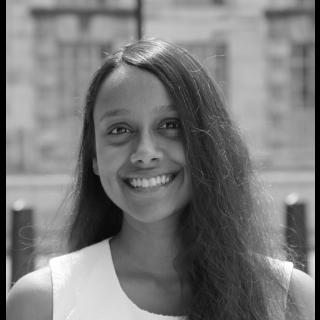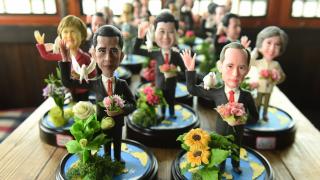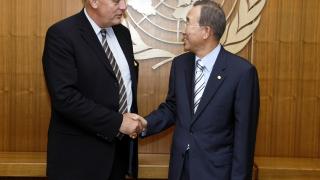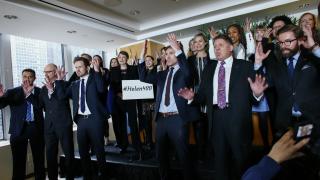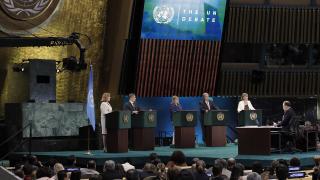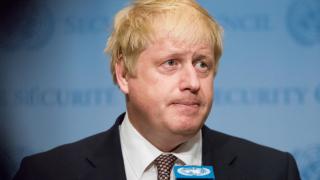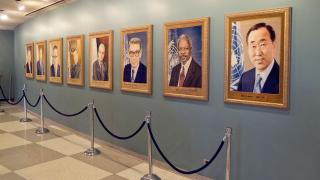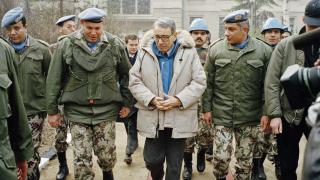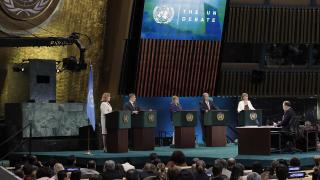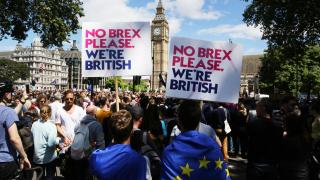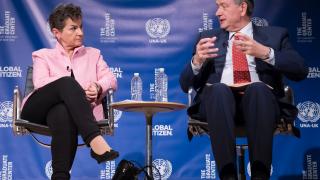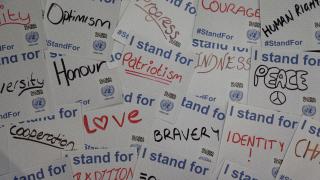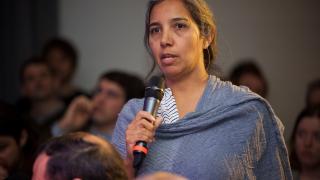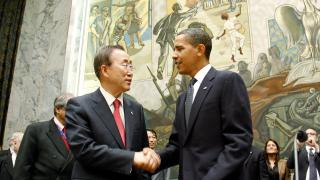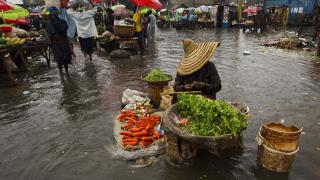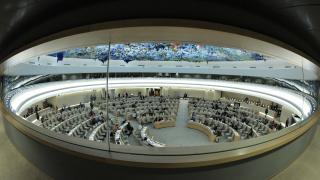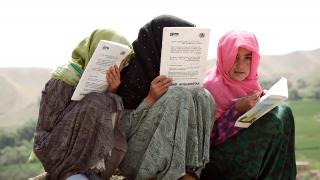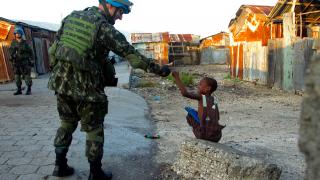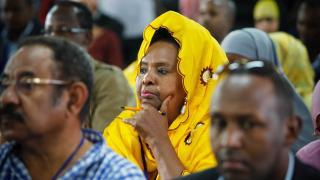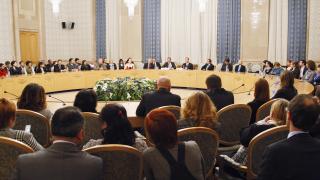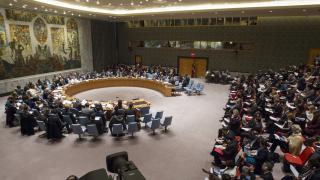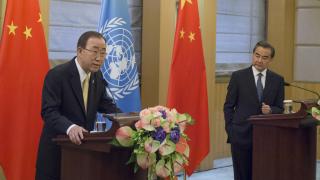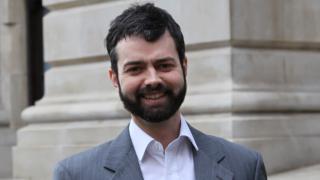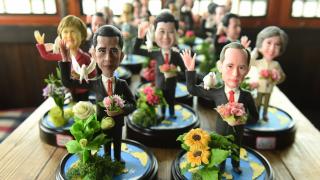
In October, the UN is expected to appoint its new chief. For the first time ever, thanks in part to UNA‑UK and partners, we know who the candidates are.
1 for 7 Billion was founded by UNA‑UK, the World Federalist Movement, Friedrich‑Ebert‑Stiftung New York and Avaaz to transform the way in which the UN selects its leader. For the past 70 years, the process has been opaque, dominated by the Security Council’s permanent members (P5), and subject to backroom deals and conventions such as regional rotation which served to shrink the talent pool.
Our aim was to institute a transparent, inclusive and merit‑based process – an important end in itself as well as a crucial step in addressing worrying global trends: a resurgence in big power tensions and in populist movements, as people grow increasingly frustrated with political leaders and institutions.
With instability and insularity on the rise, many governments have narrowed their horizons and shied away from investing in global solutions. As a result, the UN, more in demand than ever, is overstretched and under‑funded. It will not survive without concerted support. This must come from states and from the public. But the next Secretary‑General will have to lead the charge.
So our campaign set out proposals to help find the best person for the job, and worked to build support for them in New York and outside the UN bubble, in capitals and communities. By 2015, we had built a movement involving the majority of UN member states and some 200 million supporters. Later that year, the General Assembly adopted a groundbreaking resolution that, with leadership from General Assembly President Mogens Lykketoft, saw many of our proposals realised: a public list of candidates, their CVs and vision statements; and broadcast candidate dialogues with all UN member states, allowing for some civil society input.
Of course, the job is not yet done. We are still pursuing key campaign priorities, such as a non‑renewable term of office, which would free the next postholder from the politics of re‑ appointment. Perhaps more importantly, we don’t yet know to what extent, if any, our efforts will cut through P5 politics.
If nothing else, though, we have managed to raise the cost of them making a bad appointment. The P5 are not immune to the views of the wider UN membership. Their acquiescence to the new process might have reflected a genuine desire for reform on the part of some, but it was also a realpolitik calculation of the benefits of permitting changes that did not actually diminish their power.
And the new process has raised the bar. If the Secretary‑General is to support the UN in addressing the existential challenges we face, such as climate change and big power conflict, then she or he must be able to inspire people, to bring them together and to set out a vision based on what needs to happen, not what people want to hear – an antidote to state short‑termism.
But she or he also needs to be a good negotiator and mediator, someone who will be taken seriously by the P5. Whoever is appointed will need to choose carefully when to play the role of secular pope and when to work behind the scenes. It is a fiendishly difficult balancing act but the new selection process, which involved appealing to the public which has no vote whilst not alienating the P5, has been good practice.
This issue of New World makes proposals for how the next UN chief should approach these challenges – from Mark Malloch‑Brown’s manifesto for his or her “first 100 days” to my tongue‑in‑cheek list of UN home truths. In our feature, Stephen Browne and Thomas G. Weiss explain this year’s innovations, Yasmin Kamel explores online campaigning and Shazia Rafi and Yvonne Terlingen debate the merits of the push for the first female Secretary‑General.
Online, we feature UN to‑do lists on issues from human rights to disarmament – a precursor to 1 for 7 Billion’s people’s agenda for the UN, which will be presented to the next Secretary‑General. The next few weeks are likely to see candidates dropping out, at least one new contender throw her hat into the ring, and colour‑coded ballots in the Security Council. The latest news, rumours and commentary will be available on our website
Photo: Figurines of G20 leaders made by artist Wu Xiaoli for the 2016 Hangzhou Summit © Long Wei/VCG via Getty Images

